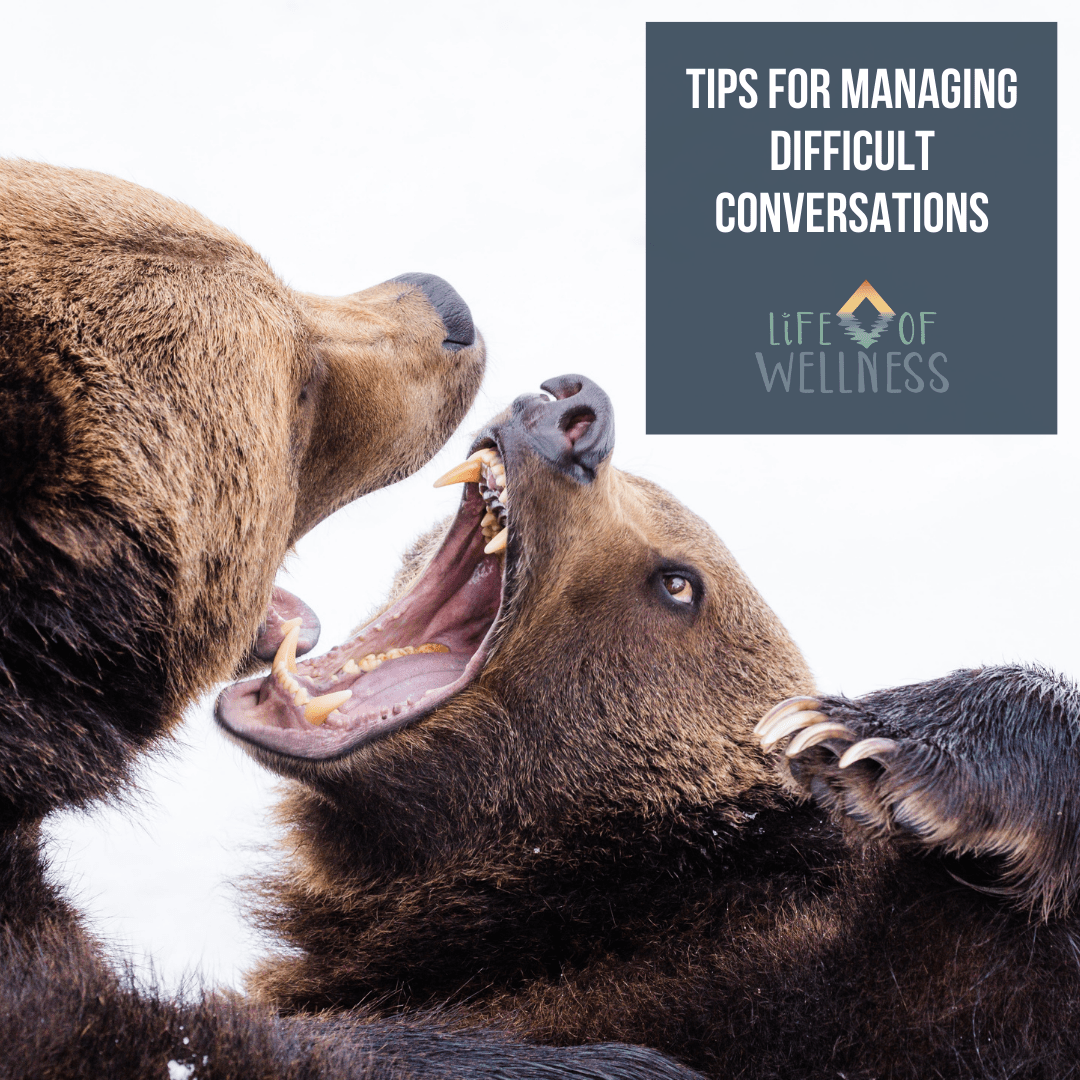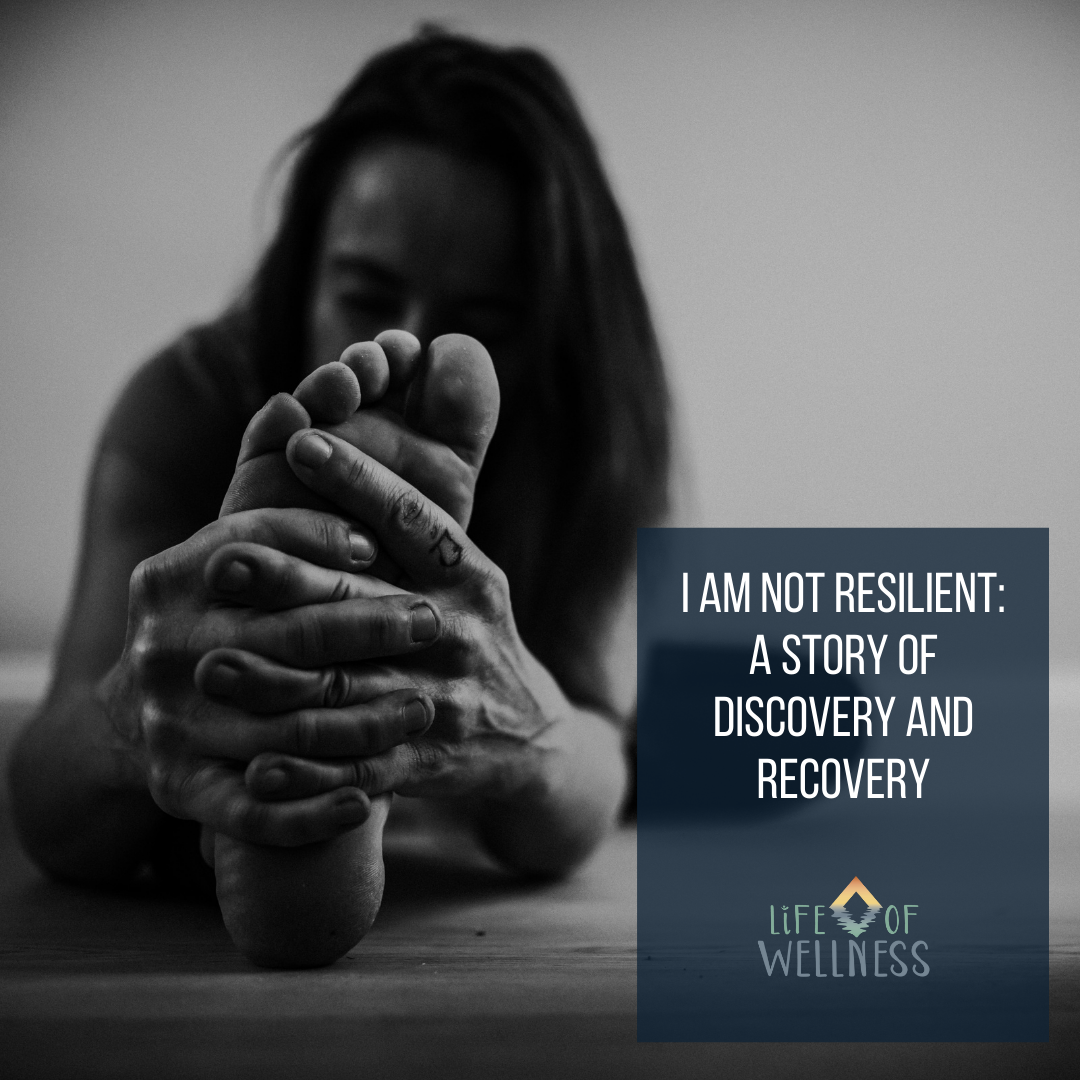Most of us experience holiday emotions. The planning and upcoming events leave us stressed. We are worried about family dynamics, navigating holiday parties, or fitting family time into busy schedules. What can help are emotional regulation tips to help reduce stress and bring a calming peace to your holiday season.
Emotional regulation helps us to feel okay during difficult times. One essential resource is mindfulness, which allows us to be open and aware of each moment as it happens. This helps us be present and enjoy each moment as it happens and for our time with others. Mindfulness can help improve relationships, increase empathy, develop self-awareness, and reduce stress and anxiety.
Holiday emotions are normal.
Have you ever found yourself in tears watching a holiday play? Or found yourself missing those who are not with you? Or overwhelmed with joy? Holidays can bring up a lot of emotions from all the planning and travel, changes in sleep patterns, etc. Happiness, guilt, and even overwhelming. It can bring forward reminders of loss, grief, or a feeling of loneliness. Plan to give yourself space to acknowledge emotions as they happen. They are helpful to allow, but you can also honor yourself by gently facing them as they come.
Be open to the emotions of others.
You likely won’t be the only one facing holiday emotions. Observing your family and friends allows you to provide support and love. Not only will you see opportunities to support another, but this creates closeness in your relationship.
Build your compassion toolbox.
There are many ways to show that you care; by simply observing a situation, you are holding space for yourself. You can now ask yourself questions about how you feel and your go-to method of showing your care.
Are you feeling like giving a gift? Ask your self “what am I trying to communicate with this gift? What other choices do you have to show how I’m feeling? Could you express your thoughts in words? Through time?
Let go of self-judgment and the expectations of others.
Conflict often occurs when expectations are not met. Whether we blame ourselves or another, the underlying problem is the expectation. By addressing this first, we can identify if the expectation was built on what we wanted or needed. Or if the expectation is grounded in ability and capacity.
It is helpful to notice when you feel judgment to observe what is happening. How or where do you feel the judgment? What do you wish was different? How would it change the result? It can be tough to let go of criticism completely; it will take practice. So allow yourself to notice it happening and allow yourself space to step back instead of stepping into it.
Practice active listening.
It’s easy to find yourself overwhelmed with stimulation, especially in the holidays with packed houses, especially during a holiday get-together where so many engage all at once. But this is a beautiful time to practice active listening skills. You could be surprised by what you learn about your listening skills. Do you notice changes in body language, tone, and volume of voice, and can you hear their message, not just the words they are speaking?
One tip is to observe your distractions. Is there a better environment for this conversation? Is your phone buzzing in your pocket? Can you hear someone else’s perspective without wanting to correct it or share your own?
Let go of what is getting in your way.
Holidays often bring back childhood memories and traditions, making it a perfect time to fall into old patterns. Competitiveness with siblings, old arguments, and competing egos can get in the way of a happy holiday. Notice your thoughts and feelings that you may be carrying from the past. This is an incredible opportunity to allow forgiveness and create change.
Limit “should” and be aware of what you need.
It’s easy to feel pressure to buy the perfect gift, meet the expectations of others or attend every party. Meeting these expectations can lead to resentment, frustration, and even burnout. Allow yourself to reflect on how you feel, specifically how the expectation affects you. Give yourself space to allow what you need and give yourself time to self-care.
Practice self-care and compassion.
It’s easy to get caught up in the “giving season” and forget to take care of yourself. Between preparing, extra events, and travel, we often fall out of our usual patterns. Taking time to plan your exercise, ensuring you get a whole night’s sleep, helps you recharge each day. You’ll thank yourself when you can be more attentive, calm, and able to react to situations the way you want. This kindness to yourself will make it possible to be more giving to others.
Continue reading Life of Wellness Blog
Disclaimer:
No content on this site, regardless of date, should ever be used as a substitute for direct medical advice from your doctor or other qualified clinicians.




Comments